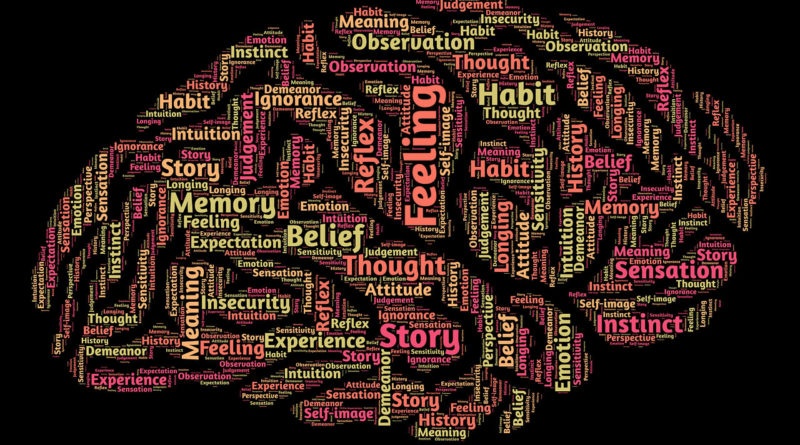Artificial Intelligence Translates Brain Activity Into Words
We’ve all seen those sci-fi movies where the government can use a small device to read a person’s mind, exposing their innermost thoughts. Usually, those films are set in the distant future with space aliens flying around. While we haven’t found any aliens yet, mind-reading technology might not be that far off. Thanks to a recent breakthrough, computers have gotten a step closer to being able to read our thoughts.
Using Deep Learning, Brain Implants, and a Speech Synthesizer to Read Our Minds
Using deep learning and a speech synthesizer, a team at Columbia University was able to translate brain activity into words. Electrodes were placed in the brains of five people who were scheduled to have surgery for epilepsy. The volunteers listened to recordings of sentences. Their brain activity was then monitored and used to train a deep learning based speech recognition software.
The volunteers then listened to 40 numbers being spoken. Based on brain activity, the neural network attempted to decode what the person heard. The software would then speak the results. The voice synthesizer was able to produce the right word with an accuracy of 75%. The results were published in Scientific Reports
Scientists have known for decades that when a person speaks or listens to others, certain parts of the brain are activated. Until now those brain waves have not been able to be translated into specific words.
Artificial Intelligence Could Benefit Those Who Can’t Communicate
While this is a major breakthrough, we won’t be having our minds read anytime soon. The technology only works with the 5 people who had their brain activity monitored and can only reproduce words that those patients heard.
In the future, the team plans to test more complicated words and sentences. They also want to run tests on brain signals when a person speaks or imagines speaking. Eventually, the technology could be part of an implant that translates the wearer’s thoughts directly into words.
While many us would not want a computer being able to read our thoughts, this technology could provide a huge benefit to those who are unable to communicate. Perhaps someone has been paralyzed in an accident or suffers from a debilitating disease. AI that can turn their brain activity into words may give them the chance to communicate with doctors or family members.
Check out our articles on AI identifying people by the way they walk and drones that protect our homes.

